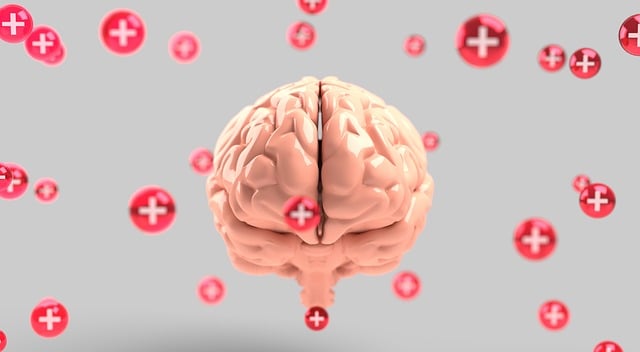TL;DR:
Cancer-related stress among young adults poses unique challenges, including emotional turmoil and adherence issues. Effective coping strategies include tailored therapy like cognitive-behavioral therapy (CBT), mindfulness practices, and self-care techniques such as meditation and yoga. Cultural competency training ensures sensitive care, while policy analysis advocates for accessible therapy options integrated into cancer frameworks. Community outreach programs and strong support systems further enhance emotional well-being during and after treatment, ultimately improving resilience in young adults facing cancer issues.
Cancer-related stress among young adults is a significant issue, often overlooked yet profoundly impactful. This article delves into effective strategies to manage this unique challenge, focusing on techniques tailored for cancer survivors. We explore the role of mindfulness and support systems in enhancing therapeutic outcomes, emphasizing their incorporation into treatment plans. By understanding the specific stresses faced by young adults with cancer issues, we can provide vital tools to navigate their journey towards better mental health and well-being.
- Understanding Cancer-Related Stress in Young Adults
- Effective Stress Management Techniques for Cancer Survivors
- Incorporating Mindfulness and Support Systems into Treatment Plans
Understanding Cancer-Related Stress in Young Adults

Cancer-related stress among young adults is a significant concern, often overlooked within broader cancer care discussions. This demographic faces unique challenges post-diagnosis, including adjusting to life with chronic illness, navigating complex treatments, and managing the psychological impact of their diagnosis. Many young adults struggle with anxiety, depression, and fear, which can hinder their ability to adhere to treatment plans and maintain optimal emotional well-being.
Therapy plays a pivotal role in addressing these issues, offering much-needed support through evidence-based practices tailored to their needs. Healthcare provider cultural competency training ensures that young adults receive culturally sensitive care, recognizing the influence of diverse backgrounds on stress perception and coping mechanisms. Additionally, mental health policy analysis and advocacy highlight the importance of accessible therapy options, integrating emotional well-being promotion techniques into cancer care frameworks to holistically address this critical aspect of patient care.
Effective Stress Management Techniques for Cancer Survivors

Cancer survivors, especially young adults, often face unique challenges when it comes to managing stress due to their cancer journey and its aftermath. Effective stress management techniques are essential tools for maintaining mental health and overall well-being during and after treatment. One powerful approach is therapy, specifically tailored for young adults with cancer issues. This can include cognitive-behavioral therapy (CBT), which helps individuals identify and change negative thought patterns contributing to stress and anxiety.
Incorporating self-care practices into daily routines is another vital strategy. Engaging in activities like meditation, deep breathing exercises, or gentle yoga can significantly reduce stress levels. Additionally, participating in community outreach program implementations that offer support groups or social activities can foster a sense of belonging and enhance positive thinking among cancer survivors. These initiatives create safe spaces for sharing experiences, building connections, and finding comfort during the healing process.
Incorporating Mindfulness and Support Systems into Treatment Plans

Incorporating mindfulness practices into therapy for young adults facing cancer issues can significantly enhance their treatment experience and outcomes. Mindfulness helps patients cultivate compassion towards themselves and others, which is crucial in managing the anxiety relief associated with such challenging diagnoses. By integrating compassion cultivation practices, therapists can support young adults in reducing the mental illness stigma they may encounter, fostering a more positive self-image and social integration.
Additionally, building strong support systems is an integral part of effective treatment plans. Encouraging patients to connect with family, friends, or support groups provides them with a network of understanding and care. This collective approach not only offers emotional backing but also aids in navigating the complex journey of cancer treatment, ultimately contributing to improved resilience and well-being for young adults facing these life-altering conditions.
Cancer-related stress can significantly impact young adults’ physical and mental well-being, but there are effective management techniques available. Understanding this unique form of stress is crucial in developing tailored therapy plans for this demographic. By incorporating mindfulness practices and fostering strong support systems, healthcare professionals can empower cancer survivors to navigate their journey with resilience. These strategies not only enhance quality of life but also contribute to better outcomes in the long term, offering a promising path forward for addressing cancer-related stress among young adults.








